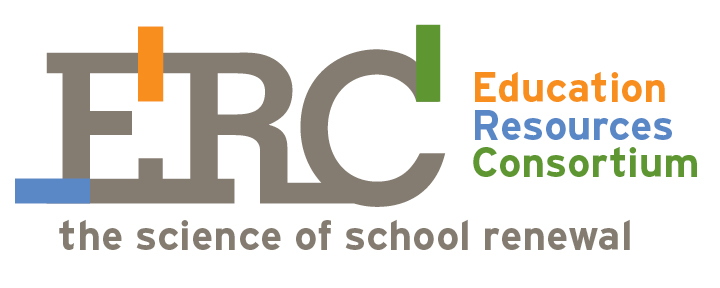NCATE Report on Teacher Preparation: Developmental sciences critical to student achievement
Teacher-education programs must include the basics of developmental science in their training programs, according to a report released recently by a panel convened by the National Council for Accreditation of Teachers Education (NCATE). The panel, co-chaired by Dr. James P. Comer, found that too few teachers enter the profession with a firm grasp of the importance of developmental sciences on student learning. “Teachers cannot improve learning if they don’t know how to help address the social, emotional, and cognitive needs of children and adolescents,” said Dr. Comer, founder of the Yale Child Study Center School Development Program, which implements developmental science interventions, including the well-known Comer School Development Program.
Dr. Comer told a news conference in Washington, D.C., that students attending underperforming schools were very often not born into networks that provide the attachments, bonding and linguistic skills critical for learning. But when teachers and administrators address developmental needs, academic achievement often increases, he said. “Most teachers and administrators are not prepared, no fault of their own, to create environments in schools that compensate for underdevelopment,” Dr. Comer said.
A meta-analysis of 213 school programs, for example, found that programs such as the Comer School Development Program led, on average, to an 11 percentile-point gain in student achievement. The study, by J.A. Durlak, appears in the January 2011 issue of Child Development. The report by NCATE, the professional accrediting organization for schools, colleges, and departments of education, also says little effort has been made to ground school reform in the developmental sciences, which include cognitive science, neuroscience, and the science of child and adolescent development. The report calls on states and the federal government to enact policy changes to address problem – and to do so quickly. “Developmental science is not ‘fluff’ that can be considered optional or an add-on to what schools do or how educators are prepared,” said panel co-chair Dr. Robert Pianta, a prominent psychologist who is the dean of the Curry School of Education at the University of Virginia he says. “If we don’t act now to integrate development sciences knowledge into preparation programs, we may lose another generation of learners.”
The report, The Road Less Traveled: How the Developmental Sciences Can Prepare Educators to Improve Student Achievement: Policy Recommendations, was prepared by a multi-disciplinary panel of experts, including some of the nation’s most prominent educators, psychologists, and authorities on young people from related disciplines. Highlights of the findings included:
- Educator-preparation programs fall short of providing adequate training in the developmental sciences, including cognitive science and the science of child and adolescent development.
- Programs need to do a better job of integrating the behavioral sciences with best practices in classrooms and communities.
- Policymakers must take into account the importance of child and adolescent development as they design new ways to assess student and teacher performance. Developmental science is a crucial factor in low-performing schools, where students often need of developmental supports to improve achievement.
